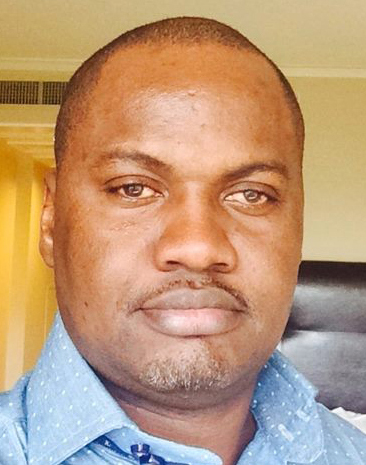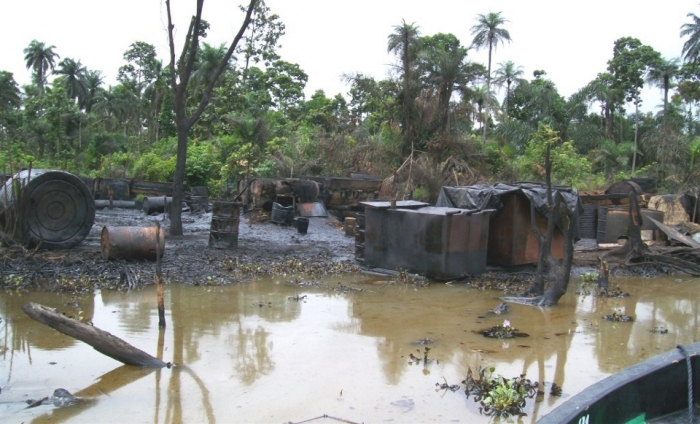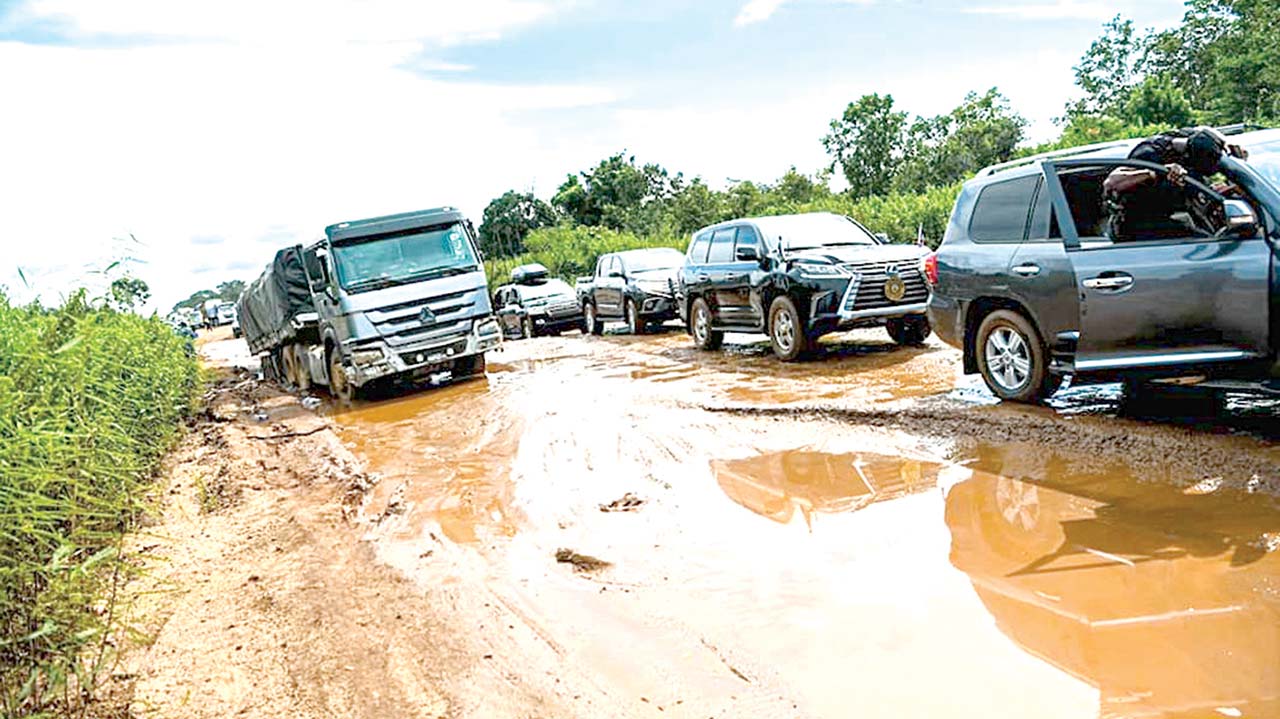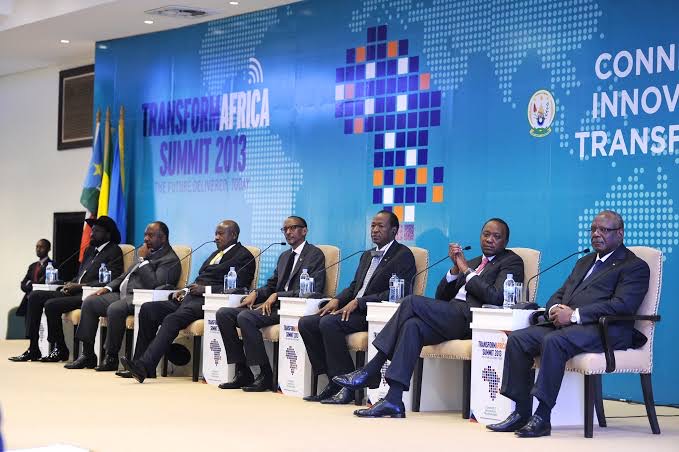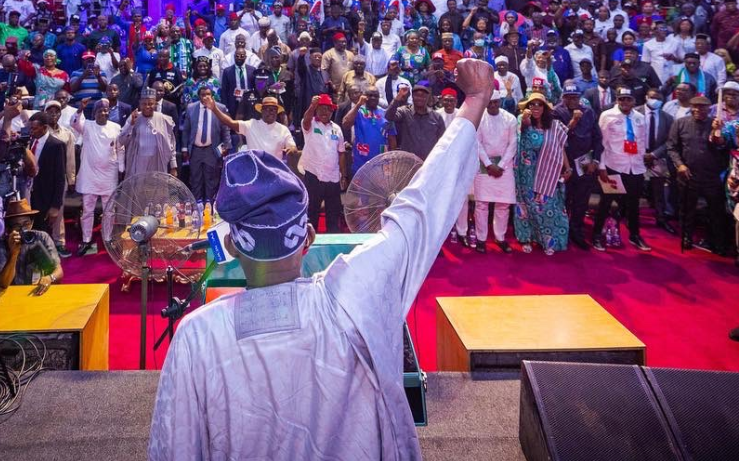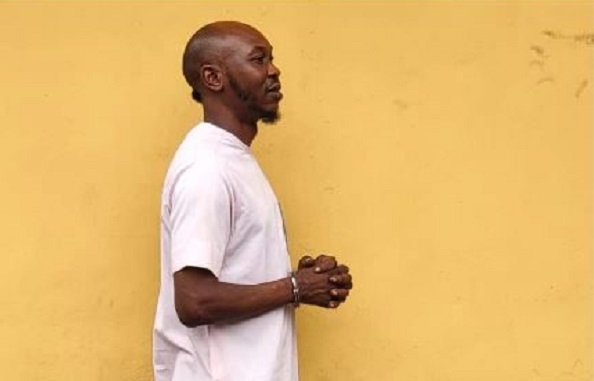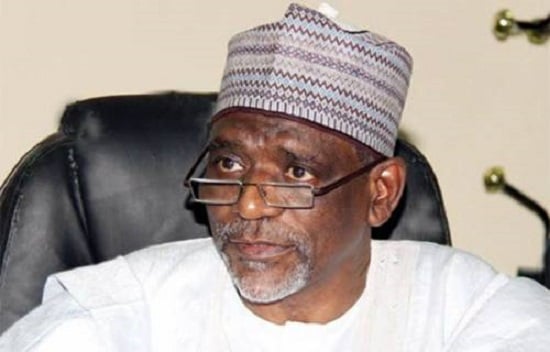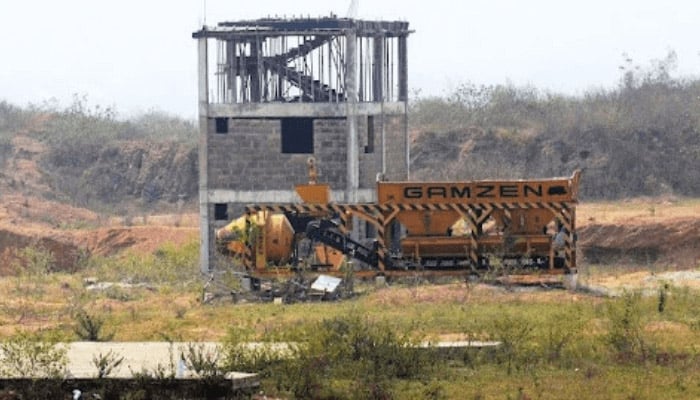“As we launch the Master Plan today, it is my abiding belief that we are also launching the commencement of a voyage of hope that will sail the Niger Delta past a legacy of turbulence, neglect and poverty into an assured future as our Nation’s most peaceful, most prosperous an most ecologically regenerative region by 2020” – President Olusegun Obasanjo, March 27, 2007
The problem of the Niger Delta can only be resolved by direct federal government intervention. The Federal Government must adopt at least a development agenda for the region that must involve the active participation of the President of the Federal Republic of Nigeria and must be designed to tame the political challenges that have dogged previous and current agencies such as OMPADEC and NDDC to fail.
The same actions and strategies that Gowon adopted to massively build infrastructure in Lagos utilizing huge cash flows from the post Civil War Oil boom should be replicated in the Niger Delta. Lagos was transformed with a network of well built roads and flyovers across the marshy city.
Within a decade, Abuja was transformed from a virgin forest to a city.
Advertisement
This is exactly the kind of presidential action that I expect from President-Elect Bola Ahmed Tinubu towards the Niger Delta.
From OMPADEC to NDDC, the Niger Delta and its people have seen the effects of so-called development commissions that are populated by incompetence and malfeasance.
Like his statement above says, it was President Obasanjo’s wish that by 2020, the Niger Delta would be the most peaceful and prosperous region in Nigeria. That did not happen.
Advertisement
At least not in 2023, about sixteen years after he made the above statement and almost 22 years after he scrapped the OMPADEC and established NDDC in its place.
Obasanjo’s establishment of NDDC did nothing to quell the agitations in the Niger Delta. As a matter of fact, some of the most violent agitations in the Niger Delta began a few years after NDDC was established in December 2001 and continued long after the regional master plan was launched in March 2007.
The failure of the Nigerian State and NDDC to address the challenges in the Niger Delta has nothing to do with whether the NDDC has a Master Plan but rather whether there is a unique Presidential Plan for rapid development of the Niger Delta.
The fundamental challenges facing the Niger Delta Development Commission (NDDC) which include political influences, corruption and underlying structural problems which make the smooth running of the Commission nearly impossible and makes project implementation difficult will be a thing of the past if there is a dedicated Presidential Action Plan for the development of the Niger Delta.
Advertisement
Like OMPADEC before it, the poor performance of NDDC has also been attributed to insufficient regulatory mechanisms to monitor its activities and performance.
In the first three years of its establishment, OMPADEC commenced projects worth $500 million but the bulk of the money was said to have been paid to contractors whose addresses could not be traced or verified. The same kind of malfeasance has undermined NDDC’s effectiveness over the years.
Like NDDC, the problems that confronted OMPADEC included inadequate funds and eventual politicisation.
Like NDDC, the Federal Government reportedly withheld about billions of naira due to OMPADEC.
Advertisement
The failure of OMPADEC to significantly contribute to the development of the Niger Delta served as motivation for the Federal Government, and the Olusegun Obasanjo administration to search for alternative institutional measures resulting in the establishment of NDDC in 2000.
Twenty years after the establishment of NDDC, socio-economic situations in the Niger Delta remain deplorable. The state of infrastructure such as roads, health facilities, schools, water etc in most Niger Delta states such as roads, health facilities, schools, water etc remain poor depicting flaws in the response towards the development of the region.
Advertisement
The NDDC Act of 1999 states:
“That the Commission shall formulate policies and guidelines for the development of the Niger Delta and conceive, plan and implement projects capable of fostering sustainable development of the area in line with set rules and regulations. In doing these things, it would have access to contributions of each of its member states, and it would submit to the direction, control, or supervision of the President in performing its functions.”
Advertisement
Section 14 of the NDDC Act provides that all stakeholders in the Niger Delta States and oil companies should help finance the NDDC.
The Act mandates the Federal Government to contribute 15% of the total statutory allocations due to the Niger Delta States from the Federation Account.
Advertisement
The Act also mandates Multinational Oil Companies, including gas processing companies, operating onshore and offshore in the Niger Delta ro pay 3% of their annual budget to the Commission. These sources of funds appear to give NDDC a potentially strong capital base. However, as we have seen in the past twenty years, without effective and efficient regulatory mechanisms, the re-emergence of corruption and executive malfeasance have posed a great danger to the effectiveness of the Commission.
That NDDC has not lived up to its billing in the past 20 years is not an incorrect statement, despite the number of projects claimed to have been commissioned and completed by the Commission through the years.
Some of the claims of the Commission have been shown to be fictitious, exaggerated or handled in manners inimical to the advancement of public interest, which is the amelioration of the living conditions of the people of the Niger Delta.
Stories of ‘white elephants’ abound in the Niger Delta, including schools without desks, hospitals without medicine and road projects uncompleted or completely abandoned. There are cases where contractors did not even mobilize to site even after receiving initial payments.
There are also cases where projects that were claimed to have been completed reportedly began to fail even before they were commissioned and handed over to communities and stakeholders.
For NDDC, or whatever comes out of it under a Tinubu Presidency to improve, it will require a completely new approach driven by new politics, new vision and new energy.
After 20 years of the return of democracy, and given the extreme skepticism that surrounds the operations and capability of the Commission today, it is imperative that a complete overhaul of the Commission be carried out to fast track its effectiveness as an agency of goodwill and development rather than a tool for political bickering, profiteering and aggrandizement.
Without an iota of doubt, there is a total agreement today across the Niger Delta that NDDC has failed in its responsibilities to the Niger Delta people.
As presently constituted, NDDC continues to give room for financial misappropriation given the rampant allegations of corruption that continue to fester from year to year.
Enter the NDDC Master Plan.
The Niger Delta Development Master Plan was an expensive ruse. Designed by a German GTZ and Wilbahi Engineering, a company with known ties to political elites, the regional master plan was imposed on the Niger Delta people.
It was reported at the time that the management of NDDC at the time paid the whopping sum of $8.5 million dollars for the less than 300 page document.
The Master Plan, based in three 5-year phases, included specific projects to build roads, sanitation systems and support businesses. The phases were:
The Foundation Phase (2006 – 2010), the Expansion Phase (2011-2015) and the Consolidation Phase (2016 – 2020).
The Plan sought the development of rural communities across the Niger Delta with a view to reducing rural-urban migration. The goal was end-to-end transformation for a region where currently seven out of 10 people lack basic amenities.
The Master Plan projected that in 15 years, some $50bn will be spent by Federal, State and Local Governments as well as oil companies and private foundations to improve the region’s infrastructure, environment and economy.
Two decades later, the Master Plan has achieved nothing. There are talks from certain stakeholders on the need to revise the NDDC Masterplan and possibly inaugurate a completely new master plan for the region.
In conclusion, there has been a renewed call from groups of Niger Delta stakeholders who believe that the Tinubu administration should leverage a strong political relationship with the National Assembly and push for the establishment of a completely new organization that will be completely dedicated to actualizing a Special Presidential Plan for the development of the Niger Delta region.
It is expected that such a Special Presidential Plan will be developed by the President himself with the guidance of all the State Governors of oil producing states as well as other stakeholders from oil producing communities across the Niger Delta.
This new organization, which must be powered by unique presidential intellect and purpose, must be far more goal oriented than NDDC and OMPADEC and must also be protected from the political bickering, insufficient funding and other malfeasances that dogged the operation of both NDDC and OMPADEC.
It is all up to President Tinubu.
Kerley leads the Niger Delta Enterprise Initiative, Port Harcourt
Views expressed by contributors are strictly personal and not of TheCable.
Add a comment
